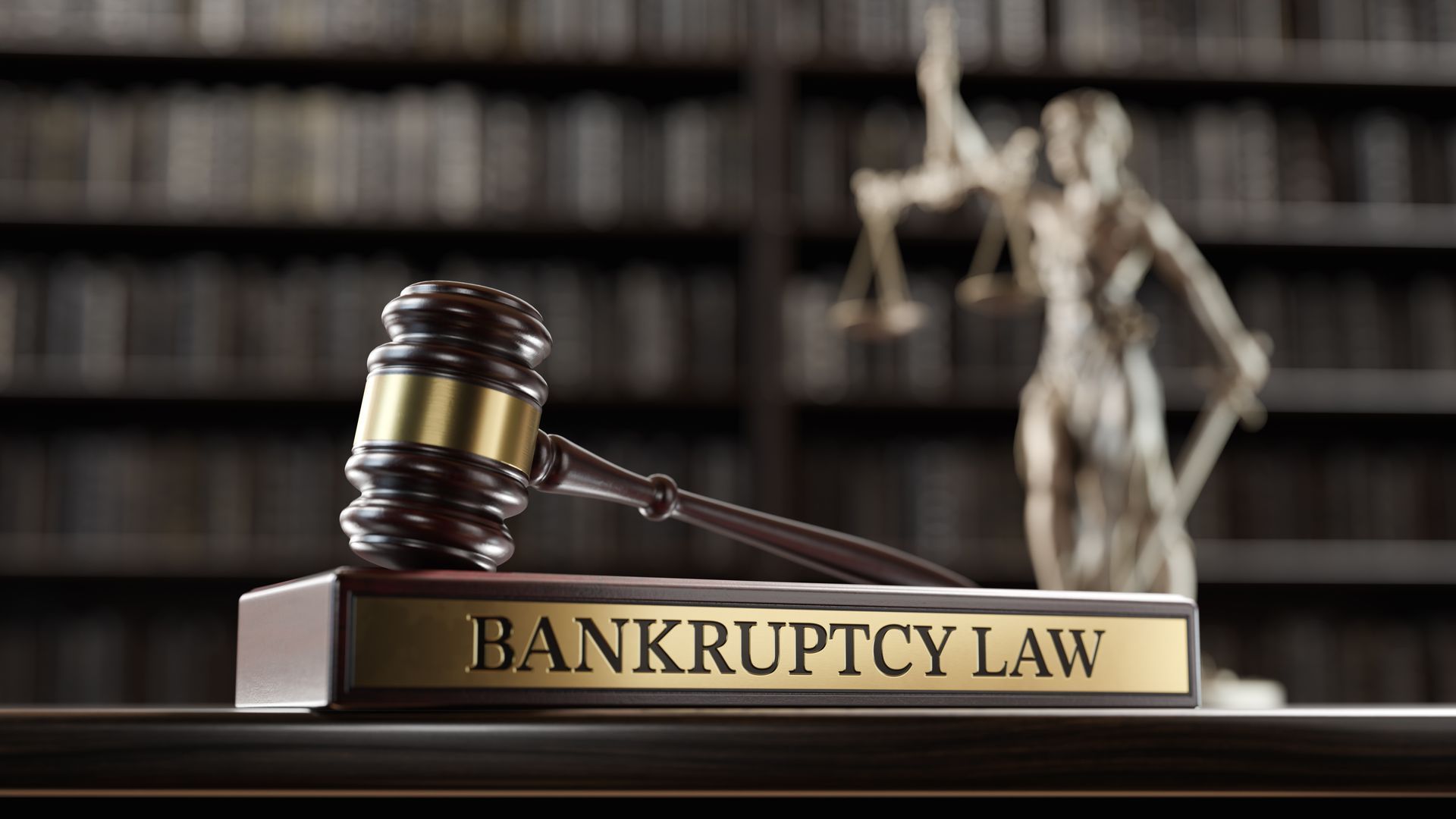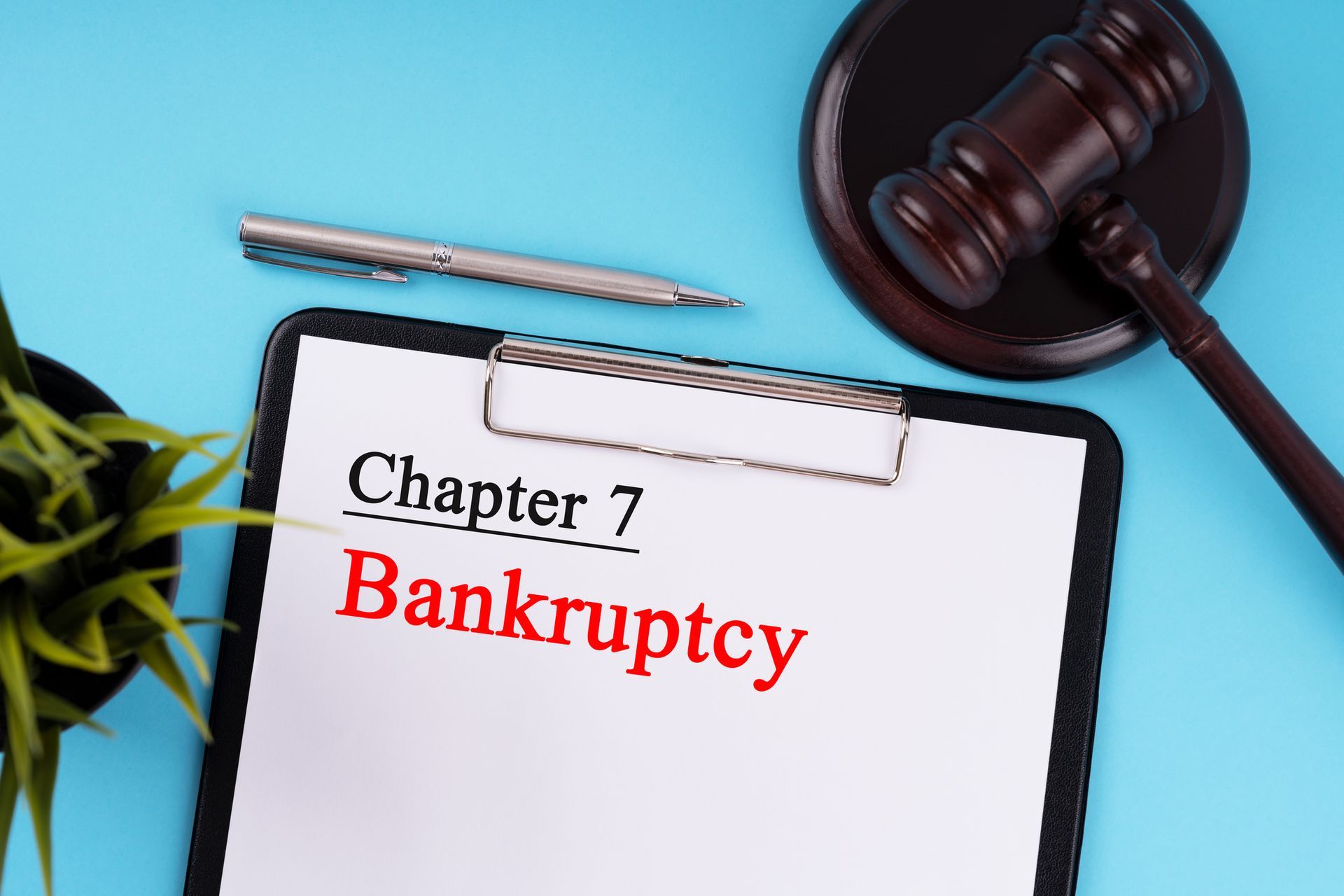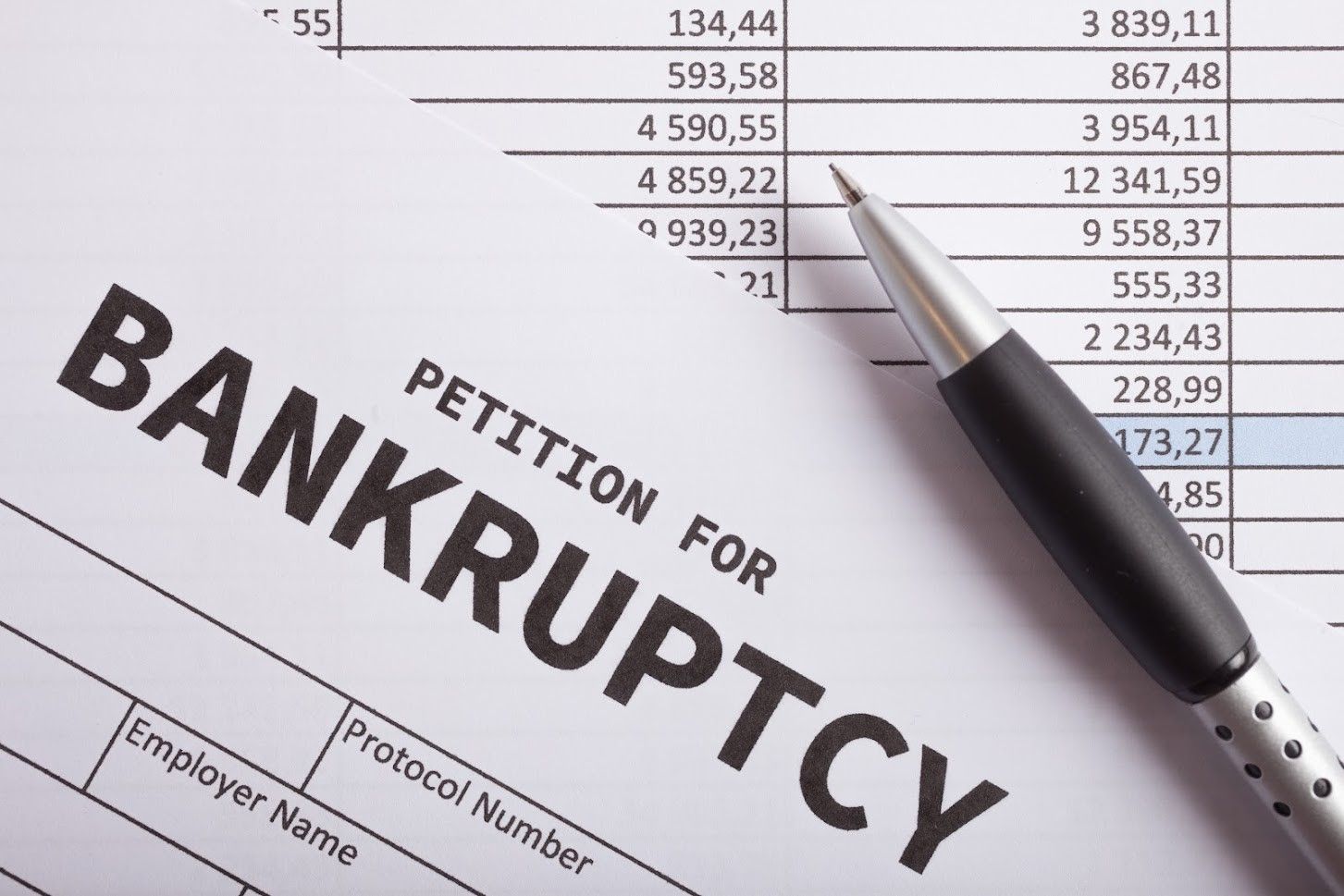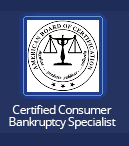Can High Income Earners Still File Bankruptcy?

Do you need to seek bankruptcy relief but fear you may have too much income or assets to qualify? Do you have to give up and just keep struggling with your financial issues? No. You still have options, even in surprising situations. Here's what you need to know about being a high-income earner during bankruptcy.
Can a High Earner File Bankruptcy?
Having a high income or even large assets doesn't automatically disqualify you from seeking some form of relief. Different chapters of the U.S. Bankruptcy Code address the needs of different debtors. Individuals have access to both discharge and repayment options. Specific small business owners, such as farmers, have targeted Chapters they may use as well.
So, rather than dismissing the notion of bankruptcy or turning to dubious debt relief offers, go through all the steps of qualifying and learn about all your options before making any decisions.
What Is the Means Test?
The first step for most people is the means test. The means test determines who qualifies for Chapter 7 bankruptcy — the discharge of debts. The first part of the means test is whether your income over the last six months is over the median income in your state. The median number varies by region. A person earning $70,964 in Maryland qualifies just the same as one earning $48,528 in Oklahoma.
What If You Don't Pass Step One?
Don't despair if you don't pass the first part of the means test. That's because you can deduct many of the necessary costs of daily life and perform another calculation.
This calculation allows the debtor to deduct things like housing costs, transportation, food, income taxes, child care, and even church donations. Other expenses, such as court-ordered support, may also be allowable. Different regions have different deduction rules, so you should complete this portion along with a local bankruptcy attorney.
Can Chapter 13 Provide Relief?
If you fail the means test after completing both portions, the main option you have is to seek Chapter 13 bankruptcy. While this chapter doesn't provide for the same immediate discharge of debts as its more popular cousin, Chapter 7, it has advantages.
While Chapter 7 liquidation frees you from the obligations to pay bills you can't afford, it usually requires letting go of related assets. Chapter 13, though, allows you to reaffirm certain loans and keep the attached assets — such as real estate and vehicles. And the repayment plan provides relief because it stretches out debts (over three to five years) that would otherwise be immediately due or due within a short time.
What Moves Should High Earners Avoid?
If you have a lot of assets or income, the temptation may be to hide some of these assets or misrepresent your financial situation. This, though, is a bad idea. You might commit bankruptcy fraud — which could not only cause legal penalties but also result in the rejection of your bankruptcy and any relief it might have offered.
What should you avoid, then? Common mistakes include charging up new debt or buying luxury items before filing, transferring assets to other people, failing to disclose assets or income sources, and paying off certain debts preferentially.
Where Can You Learn More?
Certainly, bankruptcy filing is more complex when you have more money to work with. But it's still possible and it still brings help in various ways. Start by learning more about all the alternatives from an experienced bankruptcy attorney in your state.
Charles J Schneider PC has assisted Michigan residents with all their bankruptcy needs for more than 40 years. Make an appointment today to get started.























